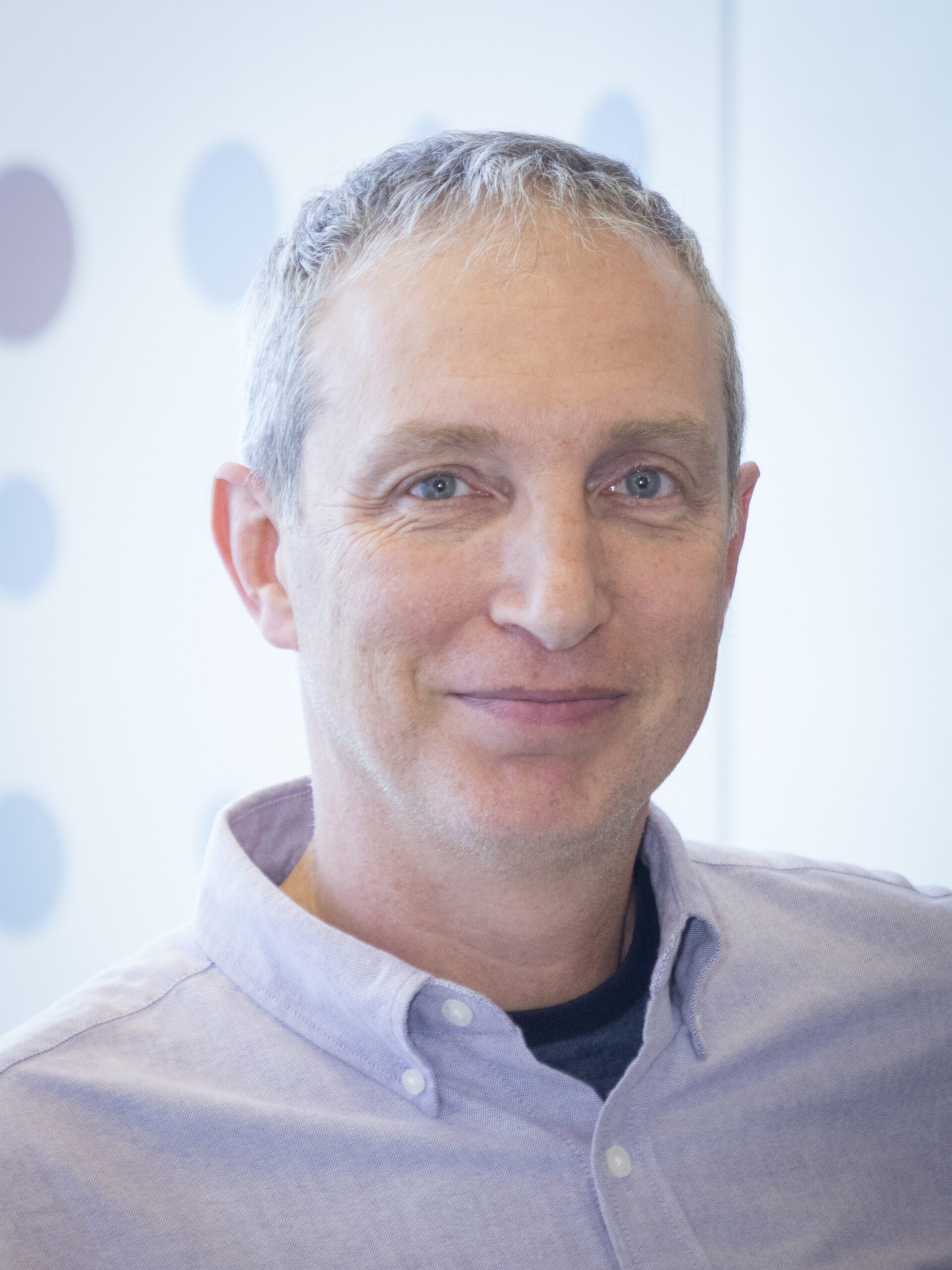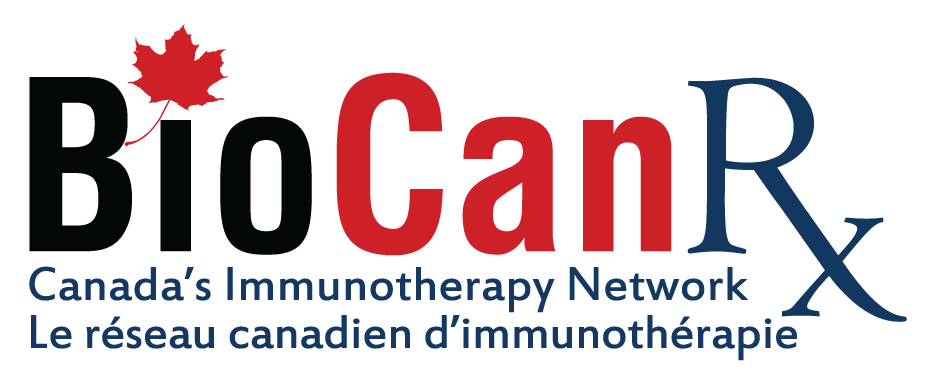
By Heather Blumenthal

Dr. Uri Tabori holds positions as the head of the neuro-oncology program at the Hospital for Sick Children, a Professor of Paediatrics and Medical Biophysics at the University of Toronto, and a researcher at The Arthur and Sonia Labatt Brain Tumour Research Centre. To children with cancer whom he treats, though, he’s known as “the tall doctor,” to differentiate him from his colleagues. To BioCanRx, he is a representation of the potential for immunotherapy to revolutionize cancer treatment in children and young adults.
Five years ago, Dr. Tabori was testing the ability to use checkpoint inhibitors to treat hypermutant childhood cancers, cancers caused by mismatch repair deficiency, or MMRD. His work, carried out by an international consortium, the International Replication Repair Deficiency Consortium, that has treated children in more than 50 countries around the world, was succeeding where other, more traditional treatments such as chemotherapy and radiation were failing.
It has since become a standard of treatment for children with hypermutant cancers. Since that first article, Dr. Tabori and his colleagues have treated more than 100 children around the world. Of those children, 40-50% are still alive three years after failing chemotherapy and radiation, something, Dr. Tabori says, is “never heard of in these recurrent malignant cancers.” Take away brain tumours, and the success rate jumps to 70%. Even brain tumours, which are almost always fatal, have a 30% success rate.
The use of checkpoint inhibitors has been particularly successful with ultra-hypermutant cancers. It sounds counterintuitive – more mutations should make a cancer harder to treat. But, Dr. Tabori explains, it actually makes sense. When there are more mutations, there are more targets for the checkpoint inhibitors and, therefore, a greater chance of success.
At the time of that first article, Dr. Tabori was receiving funding from BioCanRx to figure out a way to use genomic analysis to identify which children were most likely to benefit from treatment with checkpoint inhibitors and which immune cells to target. The icing on the cake, he said, would be being able to test for these biomarkers non-invasively.
Fast forward five years, and Dr. Tabori’s cake is iced in a way that would win awards in any baking competition.
He and his team have developed something called a Low-pass Genomic Instability Characterization (LOGIC) assay that is 100% sensitive and specific in detecting hypermutant cancers, using blood or saliva samples. It can also detect children with hereditary MMRD. The tool, which scans the patient’s genome, can be used to rapidly diagnose hypermutant cancers, inform treatment decisions and monitor patients with these cancers – and all of this better, and at a lower cost, than using traditional methods.
This means that LOGIC allows an oncologist in Pakistan to send a saliva sample from a child with cancer and learn with great accuracy whether that child has hereditary cancer. Doctors from low- and middle-income countries can get fast information on whether the child has hypermutant cancer, get recommendations on which checkpoint inhibitor should work best for that child and monitor the child’s response to treatment over time. LOGIC can also support early detection of cancer, leading to better outcomes.
And in an example of how funding in one area, such as that which BioCanRx provided for the development of LOGIC, can kickstart further research, Dr. Tabori continues to expand the scope of his work on hypermutant cancers.
He is currently starting an international clinical trial for brain tumours that will use only immunotherapy to treat these cancers – no chemotherapy, no radiation. He is also testing combinations of different immunotherapies to increase survival after just one drug has failed, using animal models to test each combination against a specific tumour before it is used in humans.
The next challenge for this indefatigable pediatric oncologist? Using LOGIC and other tools to develop a vaccine that can prevent hypermutant cancers. This is not just a pipedream – it is currently being investigated through a grant from the National Institutes of Health in the United States.
“After all,” says Dr. Tabori, “the best way to treat cancer is to prevent it in the first place.”

BioCanRx is a Member of Research Canada: An Alliance for Health Discovery and Sponsor of the Parliamentary Health Research Caucus Buffet Luncheon, Reinventing Children’s Health through Game-Changing Pediatric Research and Innovation. Visit rc-rc.ca to learn more.
